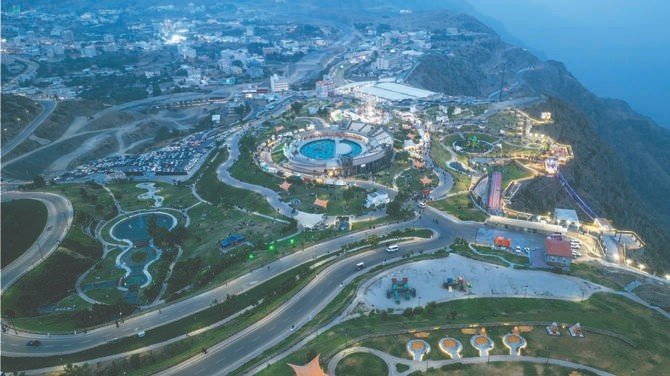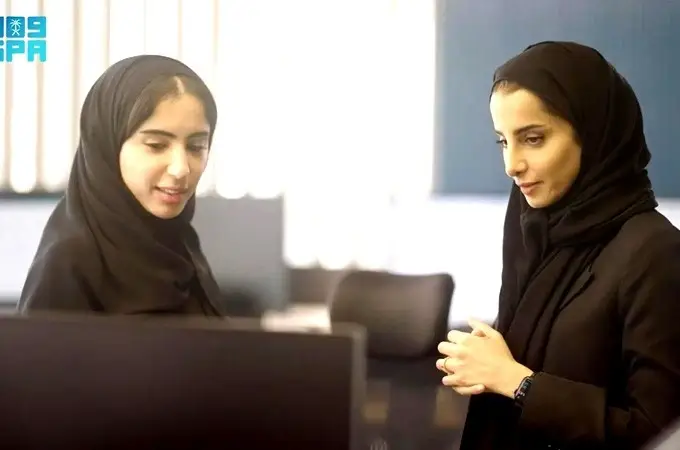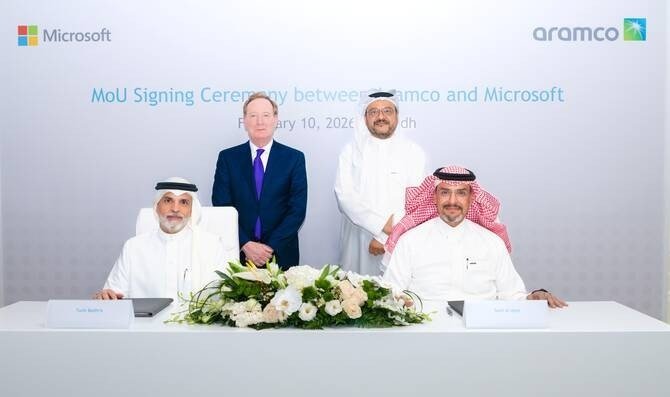Saudi Arabia is rapidly integrating advanced technologies such as artificial intelligence (AI), augmented reality (AR), and virtual reality (VR) into its tourism sector, positioning itself as a global destination for immersive and technology-driven travel. These efforts align with Vision 2030, which aims to attract 150 million annual visitors by 2030 and increase tourism’s GDP contribution from 3% to 10%.
Experts say flagship projects like Neom, the Red Sea Project, Diriyah, Qiddiya, and New Murabba are embedding smart tourism tools to create personalized, seamless, and sustainable visitor experiences. From AI-powered trip planning and biometric immigration systems to IoT-enabled resort management and AR/VR storytelling at cultural sites, technology is reshaping how Saudi Arabia delivers its tourism promise.
Nicholas Nahas of Arthur D. Little noted that while smart tourism is not always explicitly marketed, it is being integrated as a strategic enabler of Saudi Arabia’s economic diversification. He pointed to the role of AI in trip personalization, AR/VR in cultural engagement, and IoT in sustainability-focused resource management.
Julio De Salvo of Globant highlighted how Saudi Arabia is moving from digital to “cognitive tourism,” where intelligent systems adapt in real time to traveler behavior. With 87% of Saudi travelers already using generative AI tools like ChatGPT and Gemini for planning, demand for personalized, tech-driven experiences is surging.
The Red Sea Project, for example, is deploying IoT sensors to monitor utilities and environmental systems, while Diriyah is digitizing heritage sites to blend tradition with interactive technologies. Plans also include autonomous electric vehicles, centralized booking platforms, and service robots to enhance efficiency in budget accommodations.
Despite strong momentum, challenges remain. Experts caution that local talent gaps, reliance on foreign-developed solutions, and regulatory needs around data governance and cybersecurity must be addressed. Full rollout of 5G and cloud infrastructure will also be critical for real-time, immersive applications.
Still, with investment readiness at nearly 75% in 2025, Saudi Arabia is well on track. As Salvo concluded: “Saudi Arabia isn’t just riding the wave of global tourism recovery; it’s creating its own momentum, using smart tourism as a catalyst for economic diversification, innovation leadership, and long-term global relevance.”















